By Tim Young of theselfsufficientlife.com
“I want to be self-reliant, but I have no land. There’s no way to do urban homesteading.”
I get it…you hear the voice of self-sufficiency calling you, but for whatever reason, you’re not able or willing to secure acreage.
What can you do?
You do whatever you can, wherever you are to become more self-sufficient.
While it’s true that most modern homesteaders would like to have their piece of land in rural paradise, the fact is that most people will stay in the cities or densely packed suburbs.
While it’s not possible to be truly self-sufficient in that environment, total self-sufficiency is a myth, anyway. We all need to depend on others to some extent. After all, you’re not going to perform your own heart surgery or produce the parts necessary to create solar panels.
I think the biggest problem most people have with embracing self-reliance is one of mindset. They think, “I’m stuck in the city with no land, so there’s nothing I can do.”
Hogwash (whatever that means).
Most things in life aren’t “all or nothing,” and self-sufficiency isn’t either. So before you claim urban homesteading can’t be achieved, consider the following list of things you can do right now to become more self-reliant.
Practice Urban Homesteading by:
- Buy some bulk wheat berries and grind your own flour. We have two grinders at home, an electric grain mill and this manual Country Living grain mill. Both do an excellent job for us…we just have the Country Living in the event of long-term power outages.
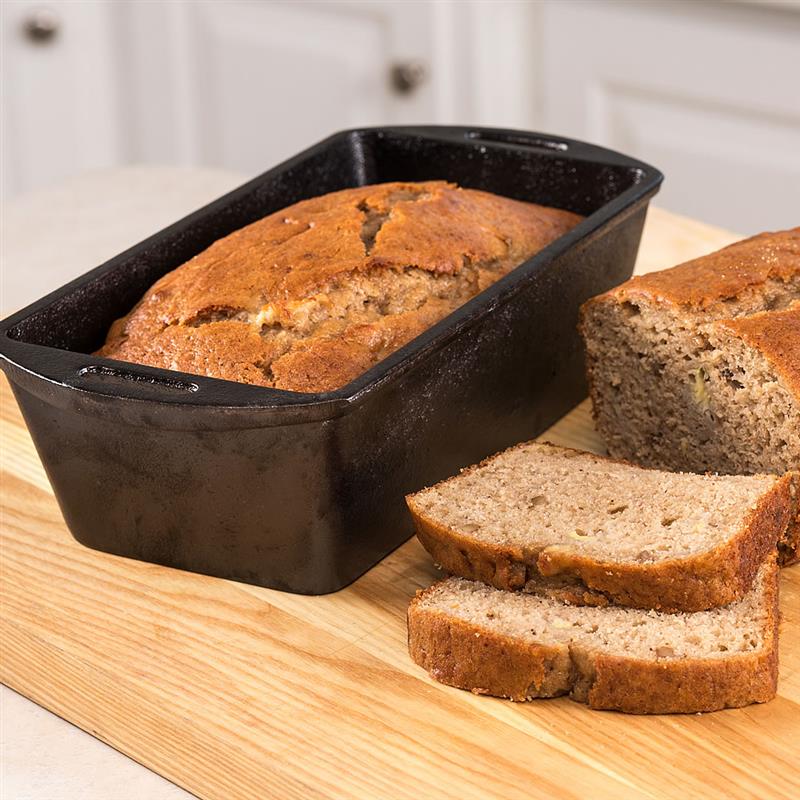
- Once you know how to grind wheat, learn to bake your own bread. There’s no way for me to convey the satisfying impact the aroma of baking bread will have on your senses. You’ll just have to try it and smell for yourself. We started with the book, Artisan Bread in Five Minutes a Day. Don’t let the title make you a skeptic…it’s true, and the bread comes out great.
- Buy ingredients at a farmers market. You’ll not only get tastier and more nutritious food there, you’ll have an opportunity to meet the farmers who grow it. That means you can ask questions about growing, animal husbandry, preserving and so on. When you get the food home, learn both recipe ratios (as Michael Ruhlman describes in Ratios) and how to cook from scratch. There are lots of books on how to cook, of course, but my favorite is Ad Hoc at Home by Thomas Keller. The recipe and procedure for making fried chicken makes the book worth it by itself.
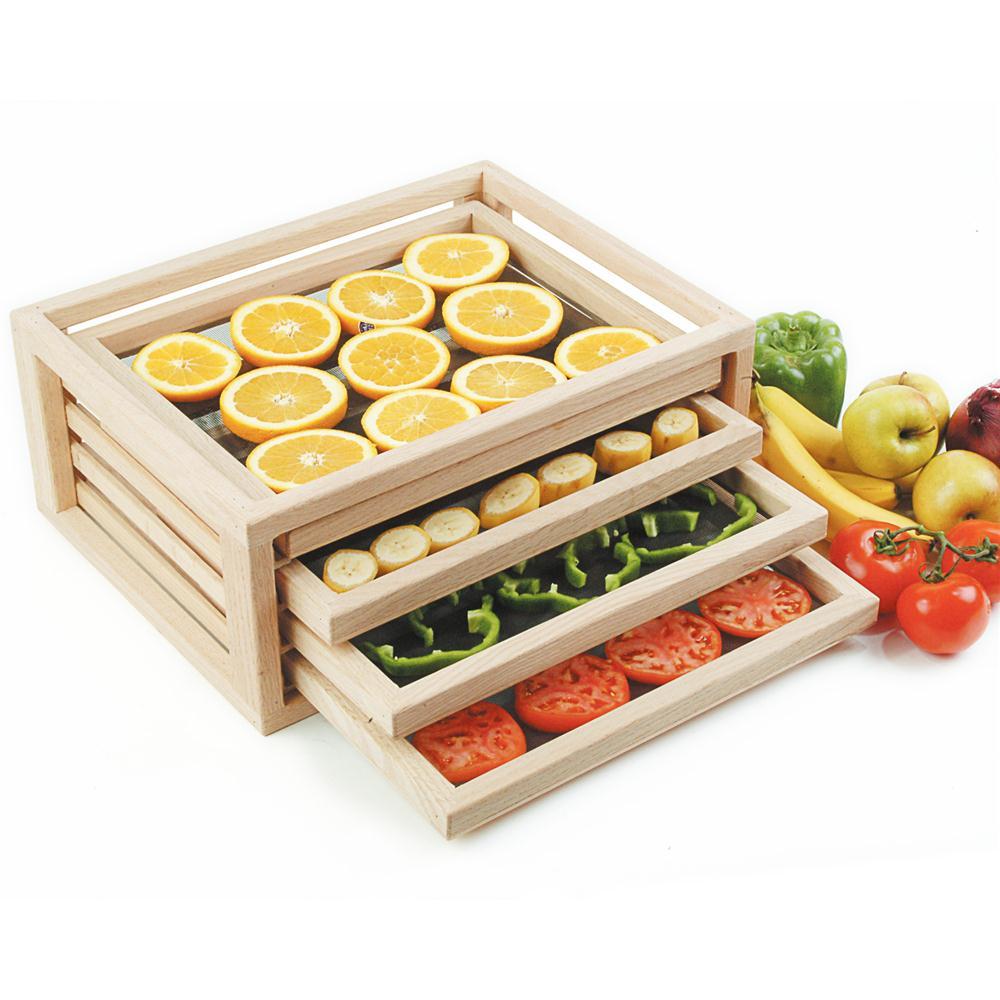
- Buy a dehydrator and dry-preserve food you brought home from the farmers market. We dehydrate herbs and tomatoes, make fruit leathers and even dehydrate eggs when we’re overrun with them. We then put the dried eggs in a Mason jar and use our Food Saver to vacuum seal the jar.
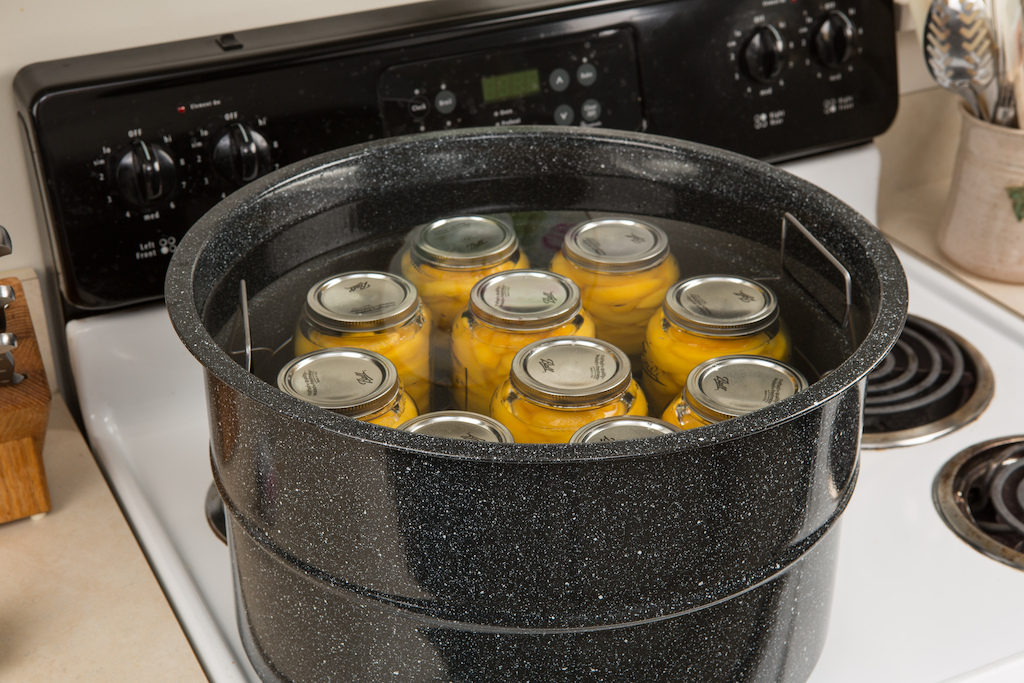
- Depending on your stove, you can also practice canning food. You can buy a water bath canner and use it on pretty much any stove. Water bath canning is the technique you’ll want to use on your high acid foods, which is pretty much limited to fruits. So you’ll use it for canning jams, jellies, marmalades and preserves. And, while “grandma” may have canned tomatoes and green beans her whole life this way and not gotten sick, don’t do it. Low acid foods, which includes almost all vegetables and certainly all animal products, must be pressure canned. We have a couple of 21 1/2 Quart Pressure Canners for this purpose, but you’ll need a gas stove top with headspace. Or, use an outdoor propane cooker. If you don’t have the space to do it yourself, perhaps you can visit a friend or relative who has a pressure canner. It’s a great self-reliance skill…one of the most important, and I encourage you to learn it.
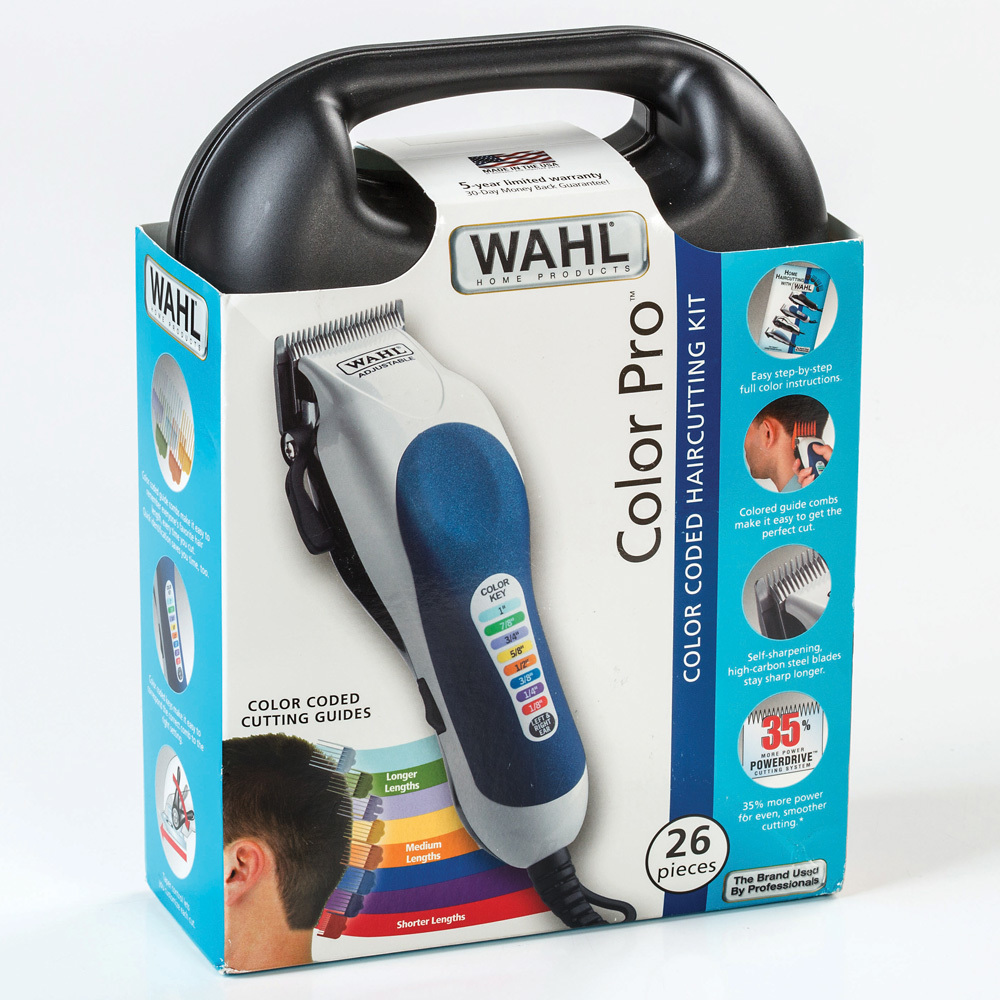
- Learn to cut your own hair. And your family’s hair. Of course, this is a tricky one depending on whose hair is being cut. Liz has been cutting my hair for years but, let’s face it, with the amount of hair I have that’s no big deal. She does it with this Wahl haircutting kit. For less than $20 that one-time purchase cost less than a haircut. On the other hand, she asked me to cut her hair once and…well…let’s just say it’s not as easy as trimming shrubs. After we finished I just asked her to tilt her head to one side, and it looked fine.
- Take trips to hunt, fish, track, trap, and learn butchering. Surely you have a relative or a friend who has a relative with some land, somewhere. You can hunt for deer, rabbit, turkey, squirrel…you name it. If you can’t or don’t want to hunt, you can still buy large portions of meet from farmers (half pig, quarter cow, whole chickens, etc.) If you’d like to learn more from your sofa, there’s no better book on butchering than Basic Butchering of Livestock & Game.
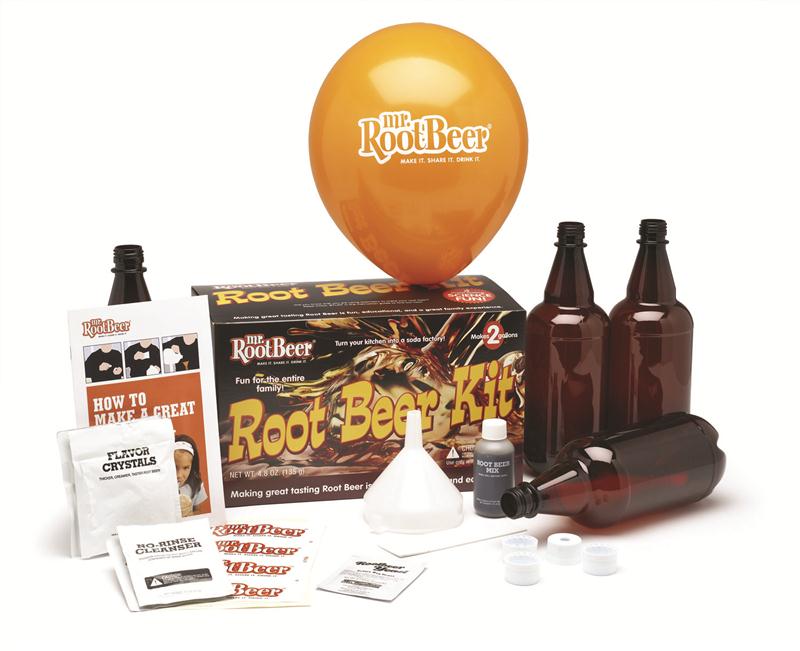
- Learn to make beverages with a homebrew kit, such as this homemade root beer kit. You can do this in the smallest of spaces, and when you’re ready, move on to beer and wine if you’d like. That way you can practice another great self-reliance skill: bartering.
- Take frequent camping trips (or even tailgating) trips. Before you go, plan the specific self-sufficiency skills you want to work on. These trips are excellent for practicing
- fire starting,
- solar cooking in an All American Sun Oven, or open fire cooking, and
- water purification with the Big Berkey water filter we use.
- Above all, practice living more frugally. To truly embrace the urban homesteading mindset, you’ll need to live debt free. Many of the homesteaders I interviewed for How to Make Money Homesteading said they got out of debt following Dave Ramsey’s Total Money Makeover strategies. Whether you try that or something else, JUST-SAY-NO-TO-DEBT.
There you have it, the top 10 skills I think you can and should develop in a small space to practice urban homesteading. Of course, it was super hard to keep the list this short, as I also considered many others, such as these 14 additional self-reliant activities:
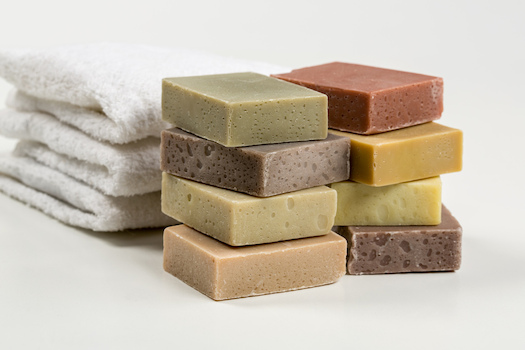
- learn to make your own soap, shampoo, cleaning supplies, and even medicines from medicinal herbs you purchase online or at markets,
- practice community-building by seeking other city/apartment dwellers who wish to embrace the homesteading spirit,
- learn to sew and make some of your own clothes, or at least to mend them,
- practice seed starting and container gardening,
- teach yourself to make cheese, butter, yogurt, charcuterie, etc. or take local classes to learn those skills,
- participate in Consumer Supported Agriculture (CSA) with a local farm and/or volunteer at local farms to learn growing and animal husbandry skills,
- start or join a community garden
- learn to fix your own stuff (appliances, small engines, cars, bikes, etc.) rather than paying for repairs,
- read about self-reliance in books, magazines forums, etc. and maintain a list of things you want to learn.
- learn to make your own medicines
- start saving seeds with this seed saving kit
- get into beekeeping with a patio apiary
- learn how to build things (start with small projects) and to build with recycled materials, such as disassembling pallets and making something new.
- develop navigation skills by practicing with a map and compass, first in a familiar spot then increasingly unfamiliar.
Remember, self-reliance does NOT have to be all or nothing.
If you pick one item from the top 10 list above and practice it for a month, in less than a year you’ll be proficient at all 10. And you’ll be well on your way to becoming free and self-sufficient.

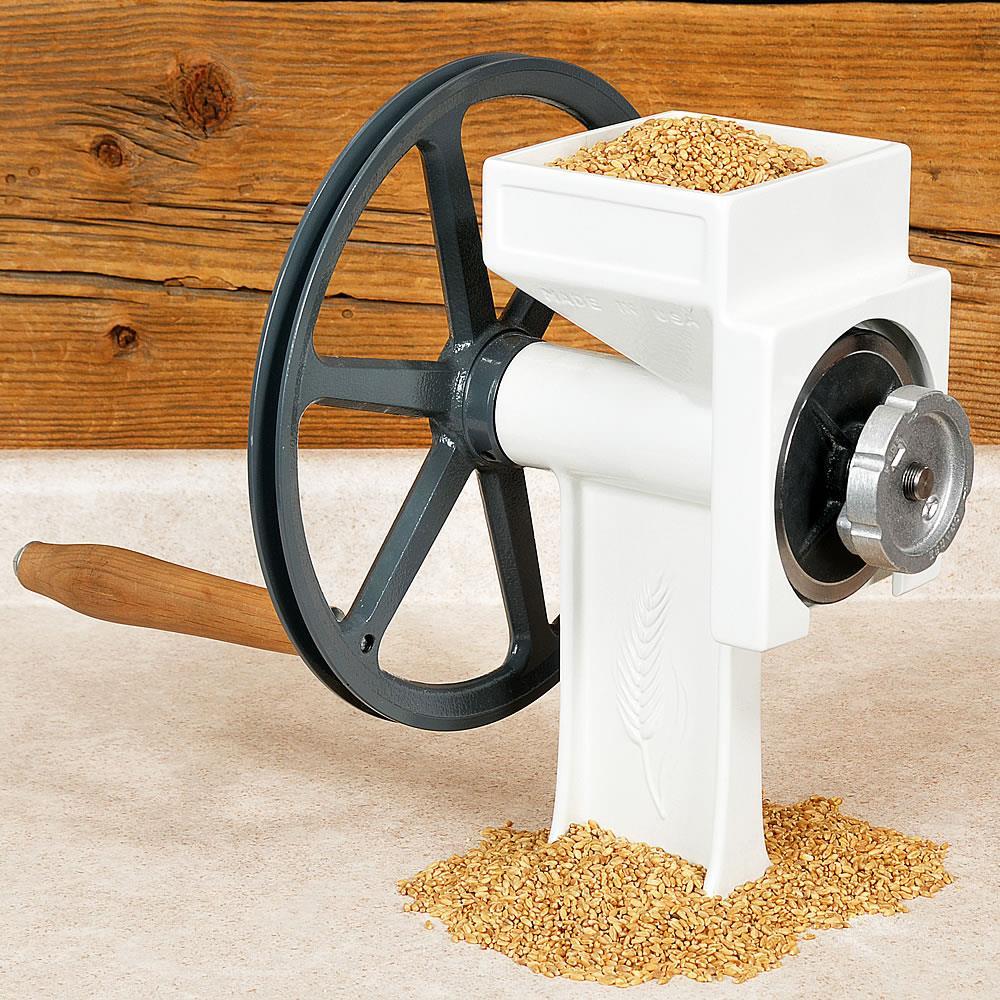



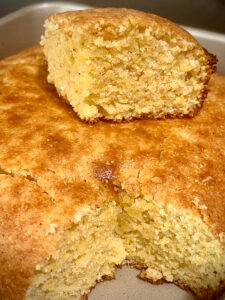
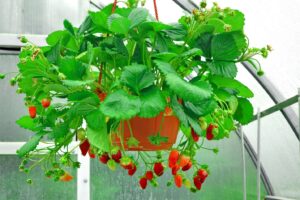

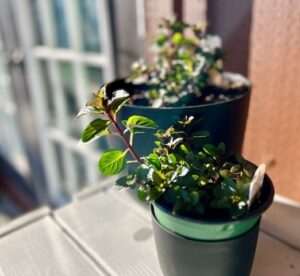
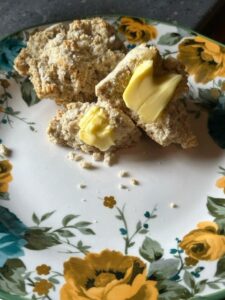





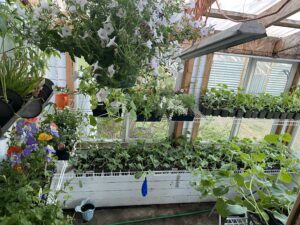

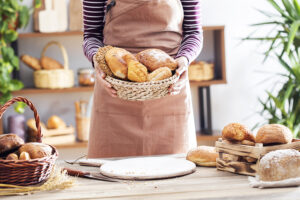



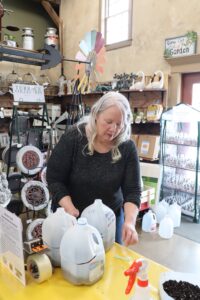





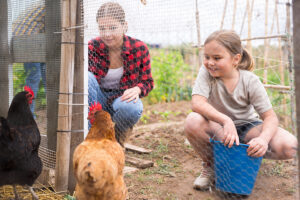
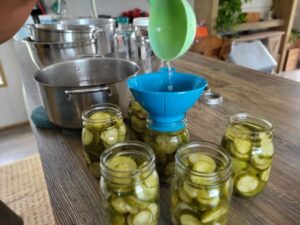

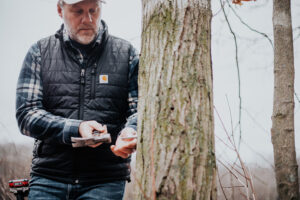
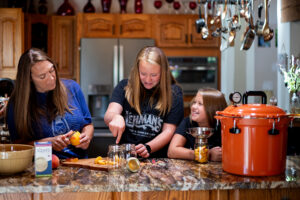

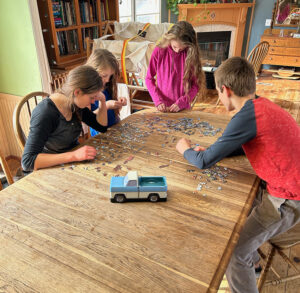


I have used a Big Berkey for my nasty, Fluoridated water for a decade and have been very pleased with it. I recently became aware of the Alexapure Pro system which seems to be an improvement – impregnated Silver (no viruses or slime buildup) and cheaper, longer lasting filters. Have you had any experience with this filter or know anyone who does?